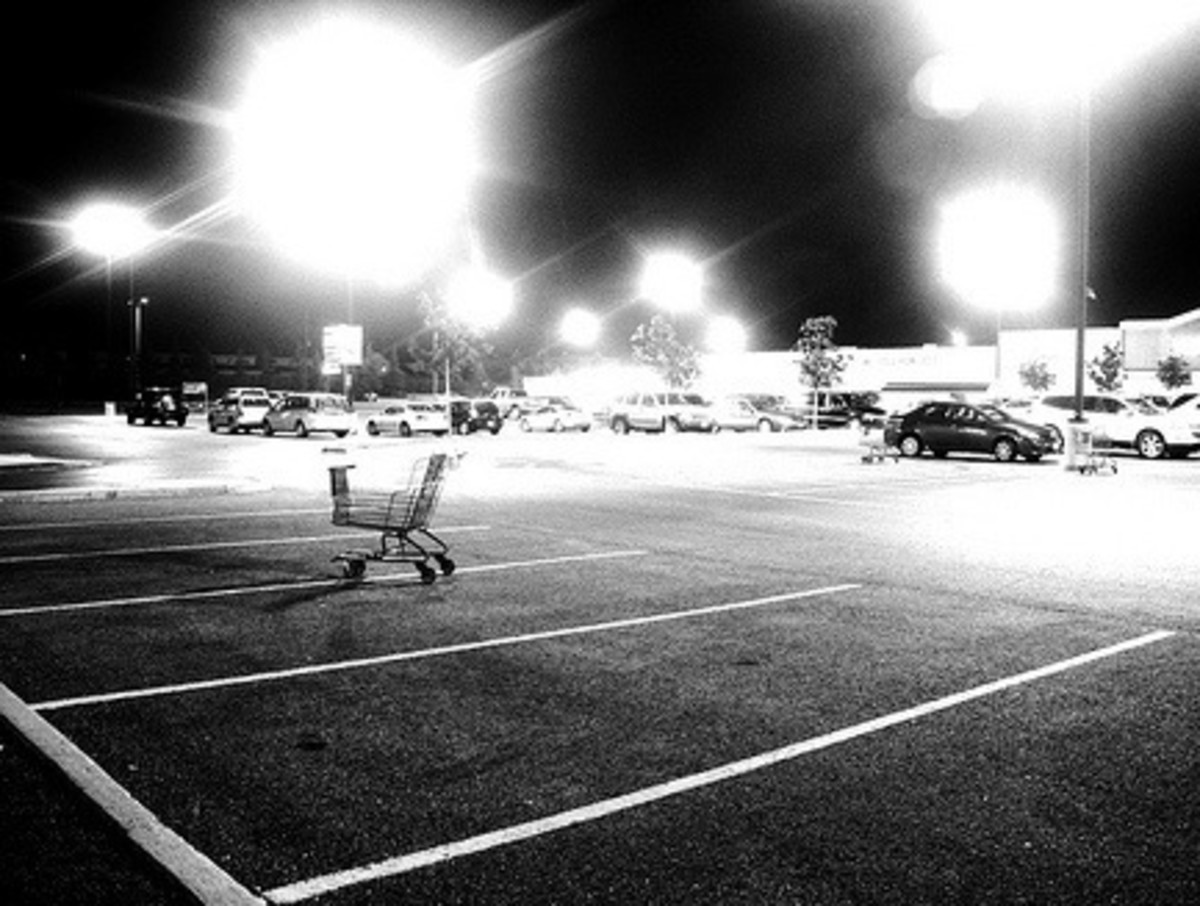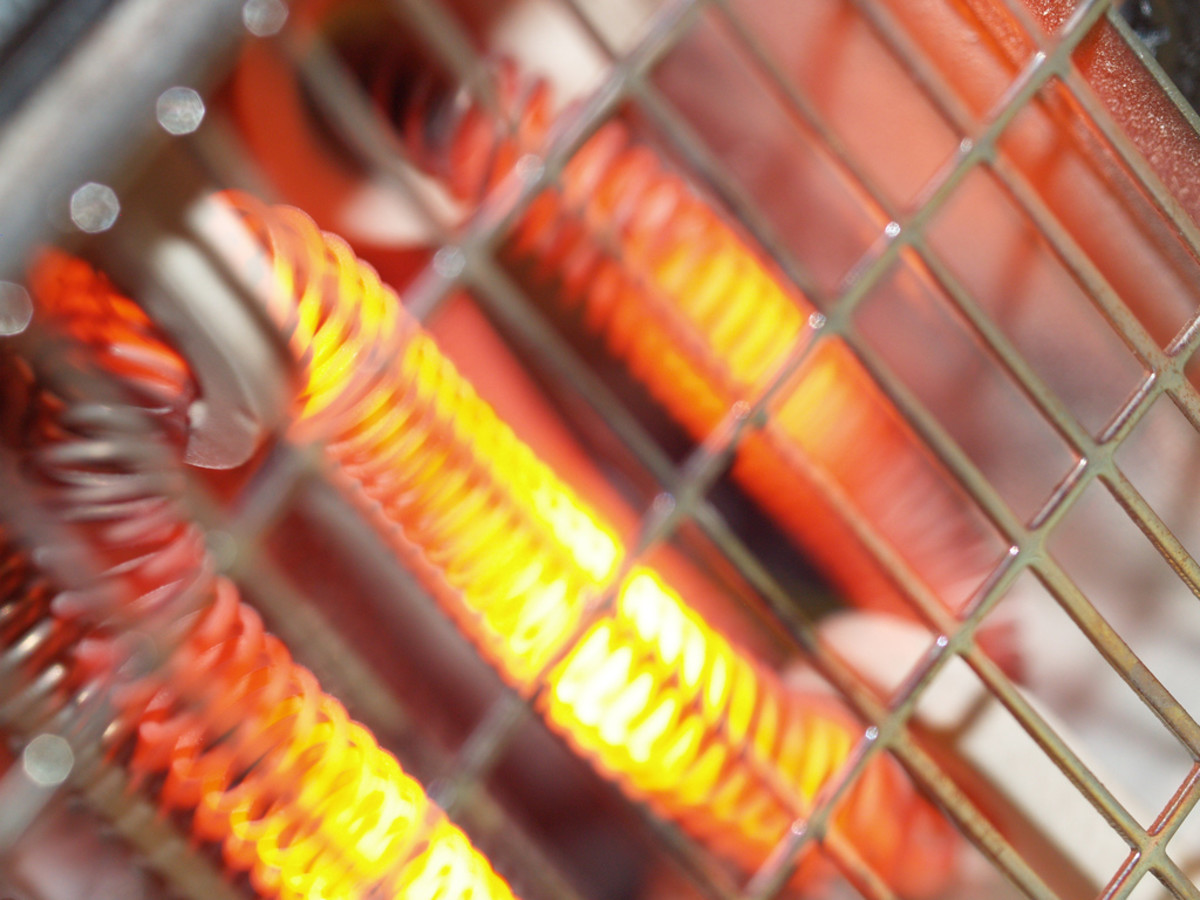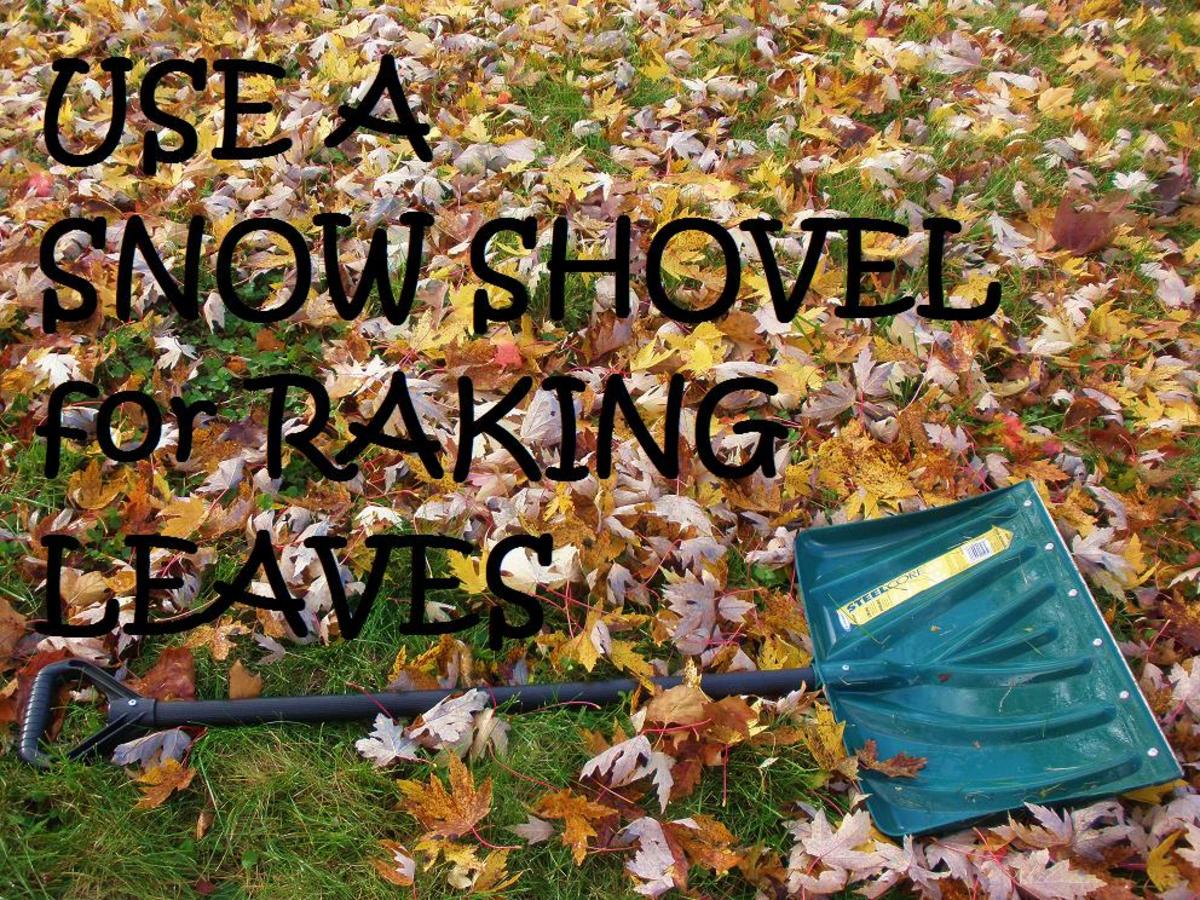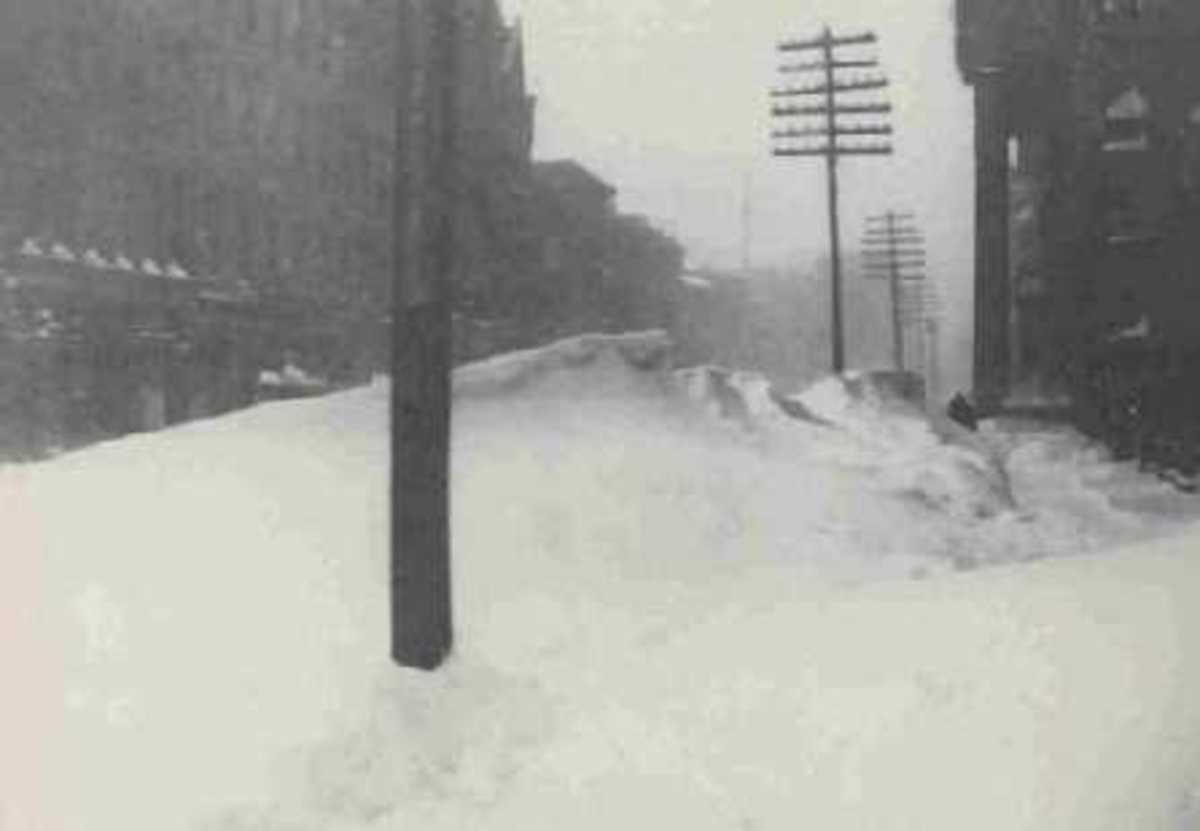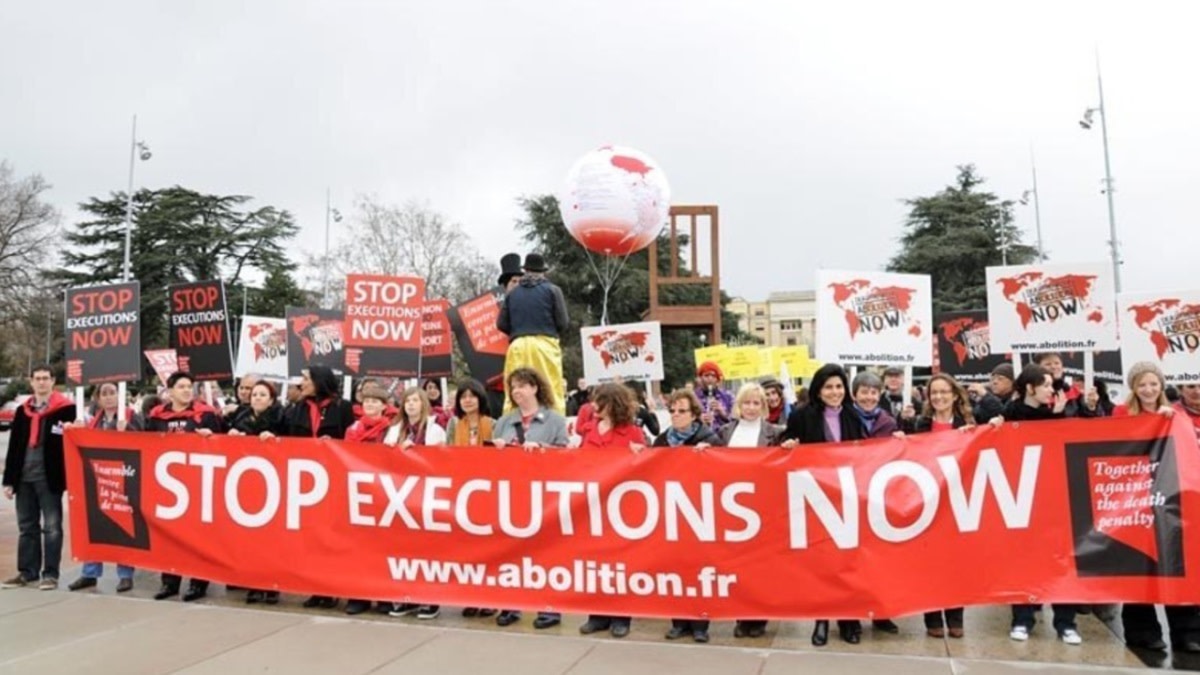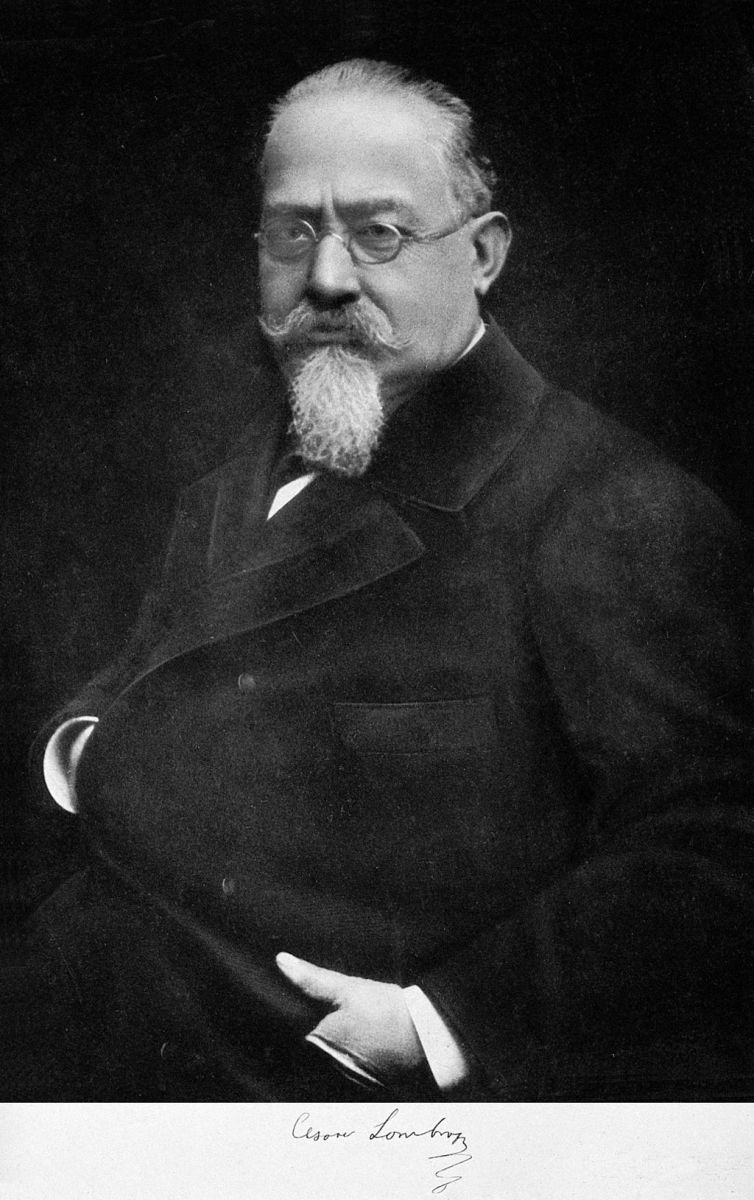If I Shovel out My Car, I Own the Space
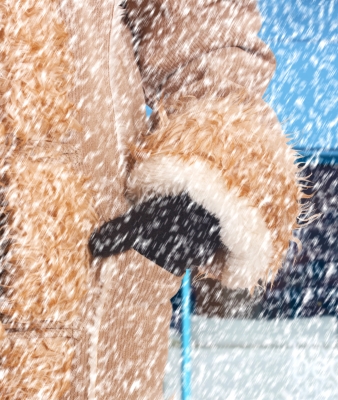
A Saved Parking Space
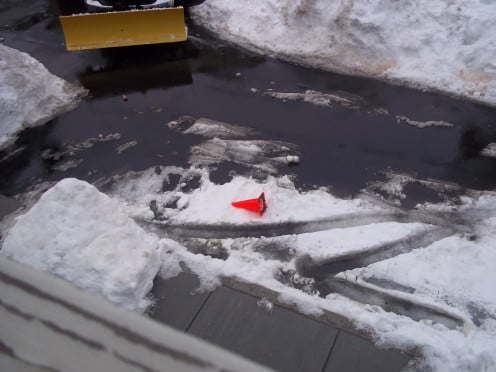
A Fight Waiting to Happen
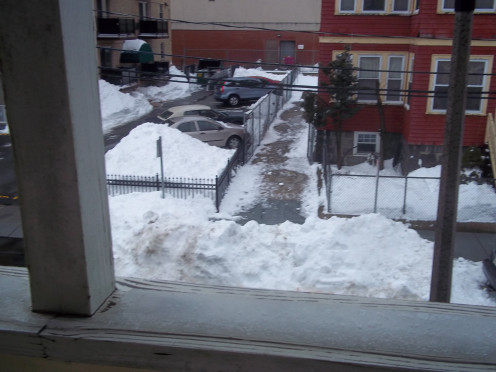
The Debate Over Saving Your Snow Space
Winter brings out the devil in people over one specific issue. After a snowstorm, who owns the spot after you have shoveled out your car? There are those who firmly believe that if they shovel their car out after a snowstorm, they own the space. They then have the right to reserve their space by putting something there while they are away.
The opponents of that belief say that while the person is at work, the space shoveled out should be available. No one should claim public space as their own, whether or not they shovel it out.
Either way, protecting one’s parking space after a snowstorm can and has made enemies out of neighbors, and causes controversy anywhere snow blows on the ground. Snow removal is a problem. Saving a shoveled out parking space is a bigger problem. Especially on a street where everyone has a vehicle. There still isn’t an answer to this practice, which first began in the 1950’s.
How It All Started
According to www.Wikipedia.com, the origin of saving parking spaces after a snow storm is credited to Pittsburgh, Pennsylvania. The tradition is often called the “Parking Chair”, because so many people use varieties of chairs to hold their car space. Due to its long-term custom, many city police will often ignore the parking violation to keep the peace.
There are exceptions of dealing with the problem. Washington D.C. has a no tolerance policy. A “reserved” space is ticketed. After two heavy blizzards in 2010 in Baltimore, Maryland, Mayor Stephanie Rawlins-Blake refused to stop the practice. She eventually admitted defeat given the maximum efforts of time and money it would take to ticket and remove markers.
In 2007, Boston, Massachusetts initiated a city ordinance stating that cars can remain and reserve their space for 48 hours after each storm. After that, a car is ticketed, and trash collectors are charged with removing and throwing away car markers during trash collecting rounds. To his credit, Mayor Thomas Menino uses common sense about the ordinance, depending on the severity of a snow storm. He broadcasts any temporary changes in the length of being able to hold a space well in advance.
Holding on to your parking spot after you dig it out is one of the most divisive issues during wintertime. Snowstorms can sometimes bring neighbors together. They will help push your car when it gets stuck. They will help shovel your sidewalk if they have a blower and you only have a shovel. Why do people believe they can and should possess their space on the street after they shovel it out? And, after shoveled out, how long should the space be reserved?
This is the primary position of parking space possession: You spend many hours shoveling your car out from the street. The street plow then puts more snow on the side of the car, and you have to shovel out again. If there is a lot of snow, you run out of places to put it. You can’t put it in the street, where the plow will return it to you. If you own a small front yard, with a blizzard carrying more than a foot of snow, or back-to-back storms, the yard will quickly fill up. After all that effort there are those who believe they earn the right to the space.
Reasons to Save a Shoveled Space
The practice of saving a shoveled-out space is done anywhere high accumulations of snow are prevalent. Those states in highly trafficked streets will sometimes have over two feet of snow fall within a 24 hour period. There are many reasons why many people believe once he or she shovels it out, the space belongs to them:
- “Once I leave my space, anyone and everyone will park in it. Where do I park when I come home from work? One weekend, I went grocery shopping, and forgot to put the chair in my space. I returned with two large bags of groceries, only to find someone had parked in my spot. Where do I go then?”
- “I have a disability and a parking permit in front of my house. I have to pay a lot of money over the course of winter to be shoveled out. Why should someone else get my spot?” Disabled people need to be able to access their cars or vans. Especially if there is only one handicapped parking spot on the street and it’s in front of your house. Where do you park if, after paying someone to shovel you out, you arrive home to find another handicapped van or car in the space? To the degree it is a permitted space, anyone with an HP permit is entitled to park there.
- Consider the disabled or handicapped person with a car. Unable to shovel out, the person pays a contractor to shovel the sidewalk, a path to the street, and the car. This has to happen often, as well as keeping ice off the car, sidewalk, and stairs. It adds up to a lot of money. Putting a chair in a permitted space keeps the space open and available.
- You heard about a big snowstorm coming up in your city. You leave work early to park in front of your house. The snow accumulates to six inches. When it’s over, it takes you over an hour to clear your car and a path from the sidewalk to the car. You leave a chair in your space when you do errands. You are not going to spend hours shoveling out, only to have someone else reap the benefits of your work. It’s not right.
- “My street has a lot of cars. If I do not protect my space, I would almost never have a place to park. If a car is in a prime parking area, say downtown or a heavily trafficked street, the need for a parking space is even greater. Residents living in a high traffic area shouldn’t allow others to park in their space just because there are no parking lots in the area.”
- “The issue of saved street parking is moot. Many times, visitors to the street during or after a storm will inevidently leave after shoveling out. These become open and available spaces for others to use. These are for anyone’s use, as the person who shoveled out will not return. This is why I can save my space.”
Reasons Against Saving Shoveled Spaces
- The street is public property. No one should have the right to take a parking space for indefinite amounts of time. This is what causes retribution toward excessive space savers.
- Emergency vehicles, people who visit, vendors who need to make deliveries, utility trucks and such are impeded from being able to drive down the street with so many objects littering around
- “I don’t mind people saving their space a couple of days after a storm. But to hold that space for weeks at a time is selfish and inconsiderate.” The argument includes keeping their space reserved all day while the shoveler is at work.
- The snow-parking reservation mentality often gets taken one step further. “Selfish people think they have the right to reserve their parking spot before the snow storm even arrives. It sets up an entitlement mentality to the space, and takes reserve snow parking to the extreme.”
- Saving spaces with any mobile object available, such as trash cans, milk crates, broken down chairs, makes the city streets look unkempt. The aesthetics and ambiance decrease considerably. The objects are also hazardous and deter prospective home buyers.
- The reserving of their shoveled out space makes people think they have Squatters Rights. They feel entitled to take whatever action they consider appropriate to keep their space. It is not unheard of for a person to stick the tires of someone who parks in “their space”, or key their cars.
- Saving a shoveled parking space often contributes to other selfish and inconsiderate behavior. Some people will shovel themselves out and never consider where they throw the snow. They throw the snow in the street. The plow trucks repeatedly take that snow and throw it back in shoveled spaces. Also, people who shovel will tend to pile up the snow in giant mounds, between parking spaces. This causes the snow mound to take up two spaces.
After all has been said and done, this issue of saving a shoveled out space may never be solved without blood shed or a federal court order. So deeply ingrained in the spirit and personality of every person who has ever shoveled out his or her vehicle, it cannot be resolved in a rational manner. Whoever is able to solve the practice of “The Parking Chair” should have his own parking space shoveled and kept reserved for life!
Snow Parking Articles
- Winter Parking Rules: Is it ethical to claim dibs on a spot you've shoveled? - Slate Magazine
As the glacial entombment of American city streets begins to recede—at least temporarily—it seems a good time to consider the controversial practice of "winter dibs": the act of delineating as one's own, via white monobloc plastic chairs or other unl - Parking chair - Wikipedia, the free encyclopedia
- So You Like Snow Do Ya?
This content is accurate and true to the best of the author’s knowledge and is not meant to substitute for formal and individualized advice from a qualified professional.
© 2011 Carolyn Gibson

